Category Archives: Translation industry

“Literary lockdown”: how the translation of a novel by a best selling author made for a thriller film plot
by Pisana Ferrari – cApStAn Ambassador to the Global Village The French film Les traducteurs (The Translators) premiered last year in November at the French Film Festival in Prague. The plot follows a group of nine talented polyglots charged with translating the third installment of a fictitious Daedalus trilogy, a series of novels that, with …
Read More
The challenge of translating scales in multilingual surveys and the value of leveraging “legacy materials”
by Pisana Ferrari – cApStAn Ambassador to the Global Village To quote scholars Barbara Byrne and Fons van de Vijver (2010), the goal of translating scales in multilingual and cross-cultural comparative survey is to produce an instrument that “measures the same construct(s) in exactly the same way” across all language versions. We know of course …
Read More
Should professional translators shun machine translation?
by Steve Dept, cApStAn CEO Beyond the AI hype and controversial reports about automatic translation achieving parity with human translation, neural machine translation (NMT) has undoubtedly made spectacular progress in the last three years. Should professional translators resist or should they use it? Machine translation software has been around for a long time. In the …
“Should professional translators shun machine translation?”
Read More
The key role of translation in ensuring that life-saving Covid-19 information reaches minority language communities within countries
Pisana Ferrari – cApStAn Ambassador to the Global Village Never before has translation been as important as during the current coronavirus pandemic. Understanding relevant medical terms is vital at all times but all the more so during a global health crisis, where compliance to containment measures is critical in order to protect individuals and the …
Read More
Skirting online censorship in China by “translating” a banned article into Morse, hexadecimal code, emoji and elvish language
Pisana Ferrari – cApStAn Ambassador to the Global Village People across China have been very creative in past weeks in finding ways to get around the ban on an article that was critical of how the government handled the coronavirus epidemic. The article, written by Ai Fen, director of the emergency department at a hospital …
Read More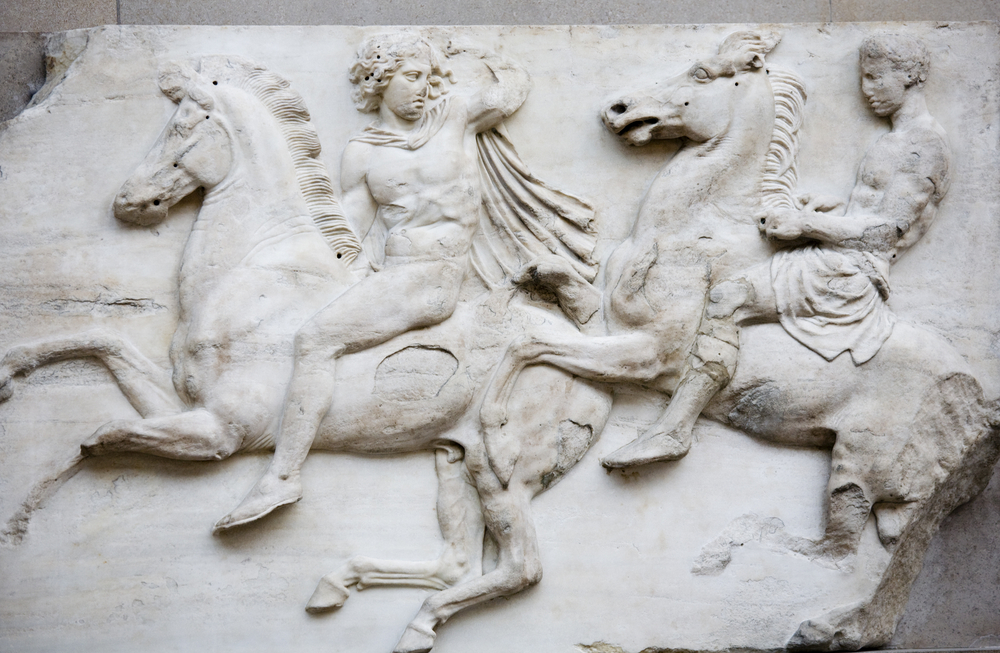
On how a 1801 Ottoman Empire edict and its translated English version changed the fate of the Parthenon marbles forever
by Pisana Ferrari – cApStAn Ambassador to the Global Village Was the removal of the Parthenon Marbles by Lord Elgin, who brought them to Britain in the early 19th century, “legal”? A leaked draft of EU paper stirs Parthenon marbles dispute, reads a recent article in the Art Newspaper. The EU paper, a negotiating mandate for …
Read More
Dubbing or subtitles, which is better? An age-old debate has come back to the forefront with the Oscar win for “Parasite”
by Pisana Ferrari – cApStAn Ambassador to the Global Village Subtitles translate a film’s dialogue into a written text superimposed on the screen, allowing viewers to read along while following the actors as they speak in their native language. Dubbing consists of translating and lip-syncing the original audiovisual text, where the original language voice track …
Read More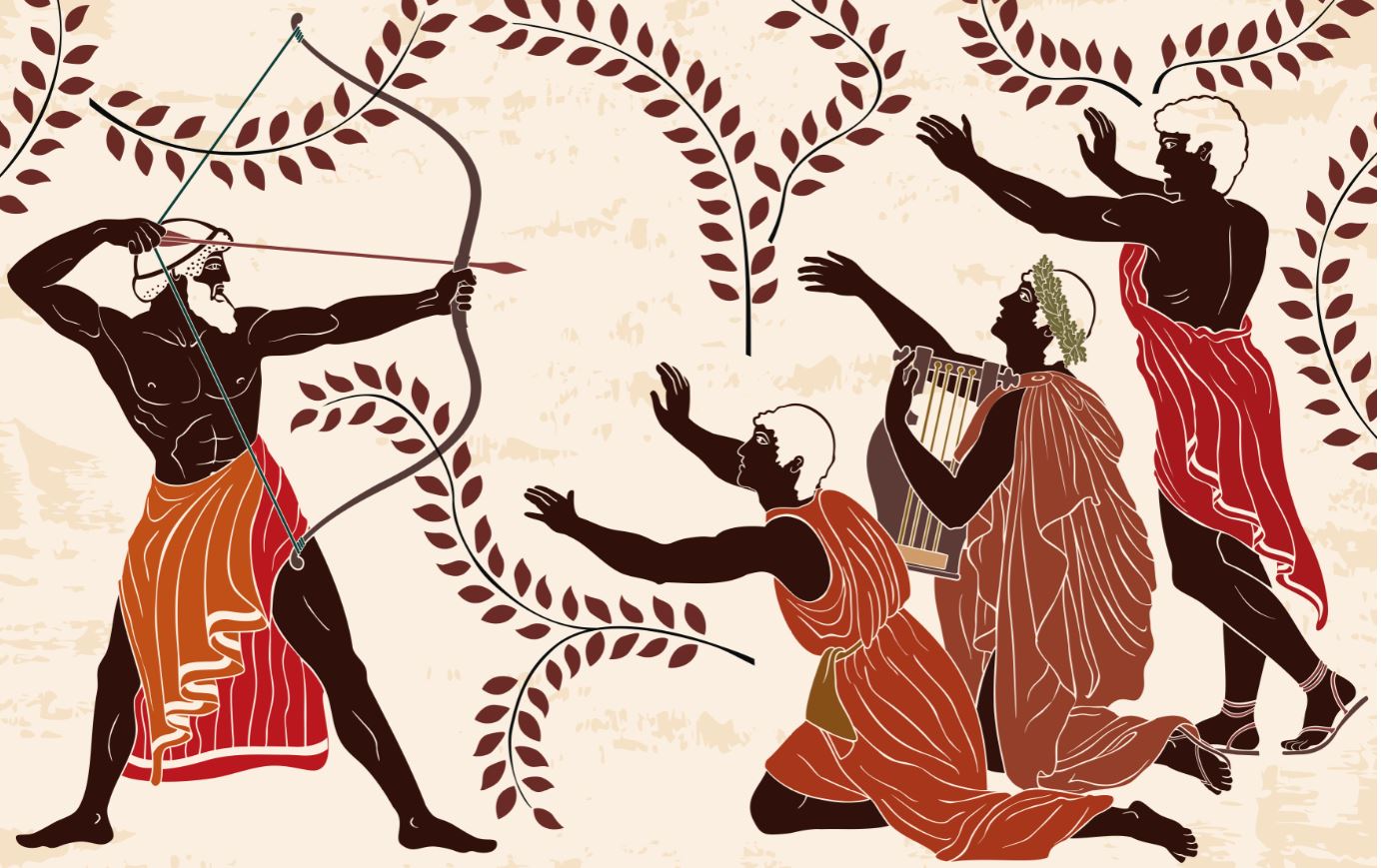
Does the translator’s gender influence the interpretation of a text? What happens when women translate classics?
by Pisana Ferrari – cApStAn Ambassador to the Global Village Translating the Classics was for centuries “men’s work”, writes US academic, historian and writer Erika Harlitz-Kern, in a recent article for The Week. (1) Historically, women were expected to translate the works of their contemporaries – considered less important. According to research by French academic Julie Candler …
Read More
Interpreters and translators on strike in the Netherlands: time to think about how to protect the profession
by Pisana Ferrari – cApStAn Ambassador to the Global Village At least 1500 interpreters and translators in the Netherlands are on strike as of the 13th of January and refuse to take work from the judiciary, police and immigration service. They are striking against government budget cuts, which they believe come at the expense of …
Read More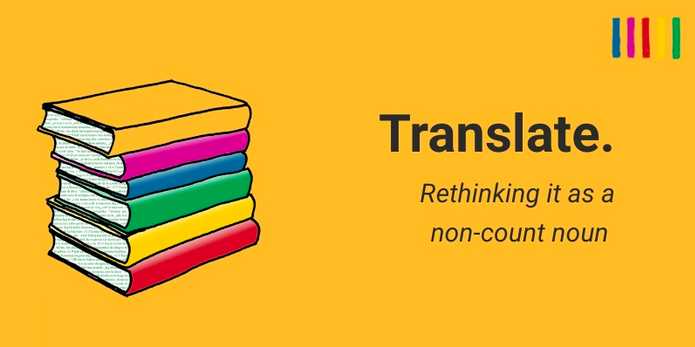
Should we use “translate” as a noun? A case of “nominalisation” of a verb
by Pisana Ferrari – cApStAn Ambassador to the Global Village The conversion of verbs into nouns is called “nominalisation” (the opposite, turning nouns into verbs, is called “verbing” or “denominalisation”). There are two types of nominalisation. The first involves adding a suffix: the verb “to investigate” produces the noun “investigation.” The second type is known as “zero …
“Should we use “translate” as a noun? A case of “nominalisation” of a verb”
Read More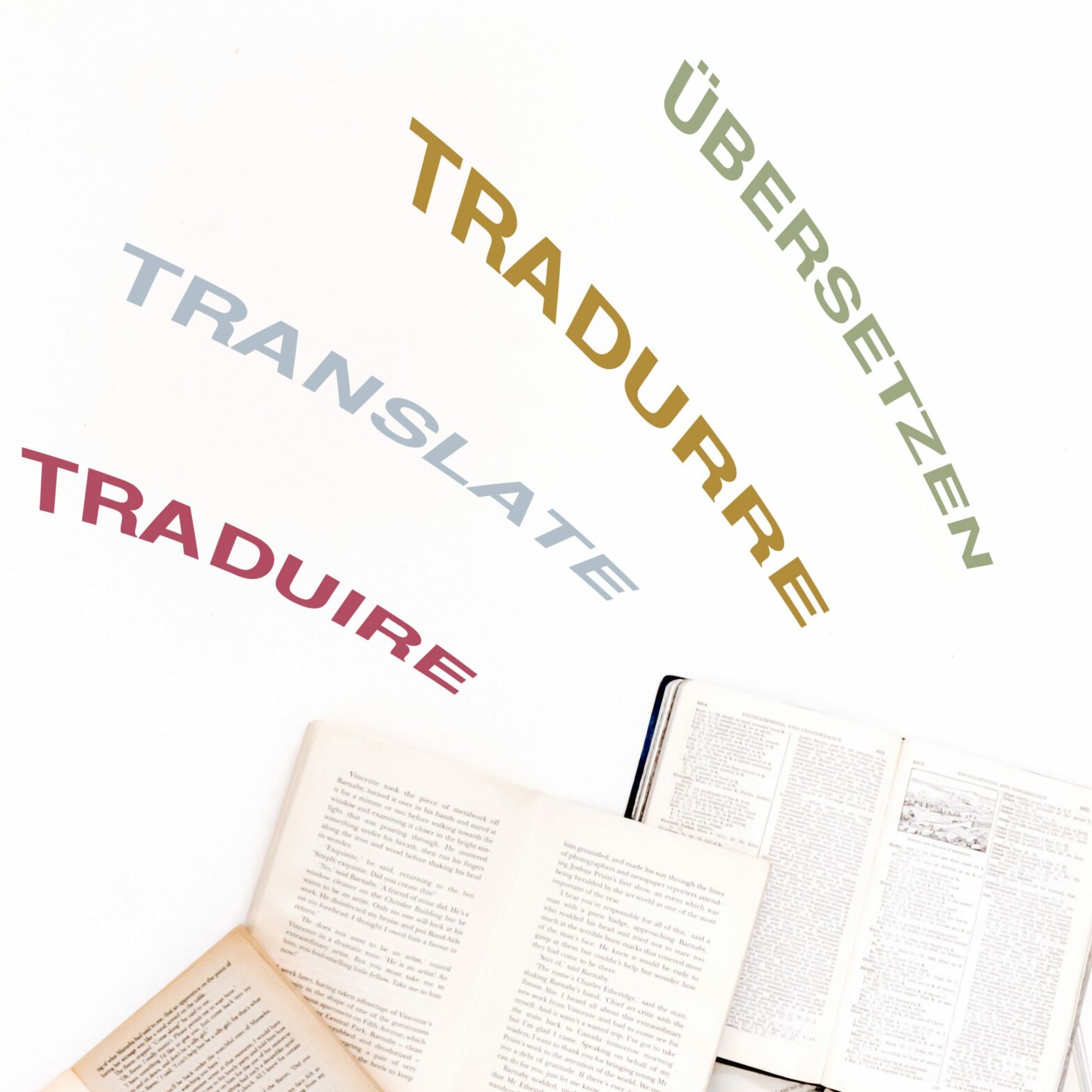
Anyone who speaks more than one language can declare himself or herself a translator: a harsh reality
by Pisana Ferrari – cApStAn Ambassador to the Global Village One year ago one Danina Lupsa, who is a translation technologist and translation project manager for cApStAn, wrote an article for our blog in which she deplored the lack of legal protection for the translating profession. “Anyone who speaks more than one language can declare …
Read More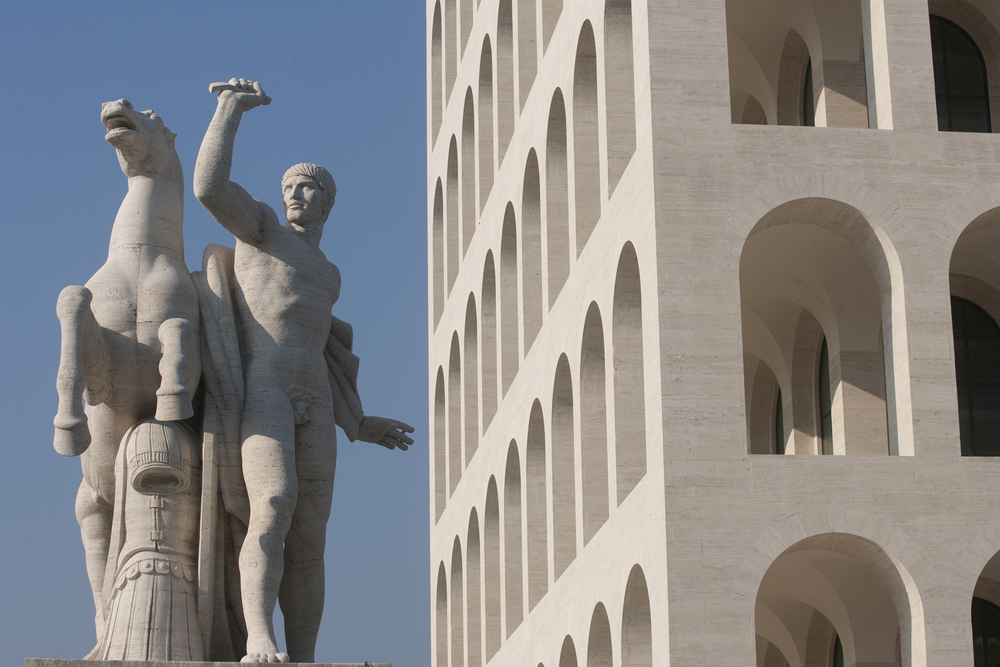
An article on the use of translation by totalitarian regimes raises the issue of the moral responsibility of translators
by Pisana Ferrari – cApStAn Ambassador to the Global Village “Far-right leaders often call for one nation united under one language but, at the same time, they have always been good at using translation to spread their politics”. This is the opening line of a recent article in The Boston Review where the author, Yuliya Komska, addresses …
Read More